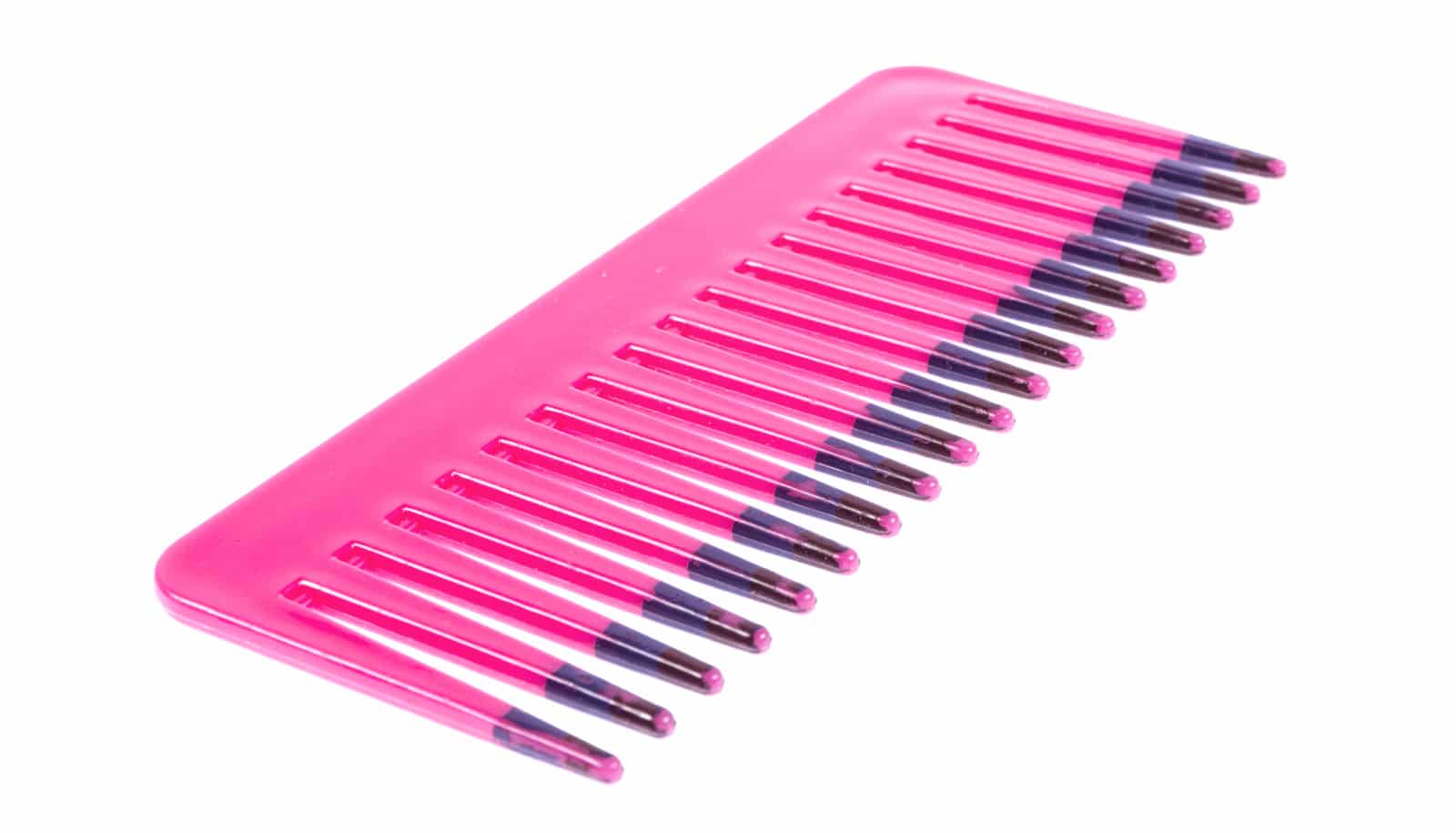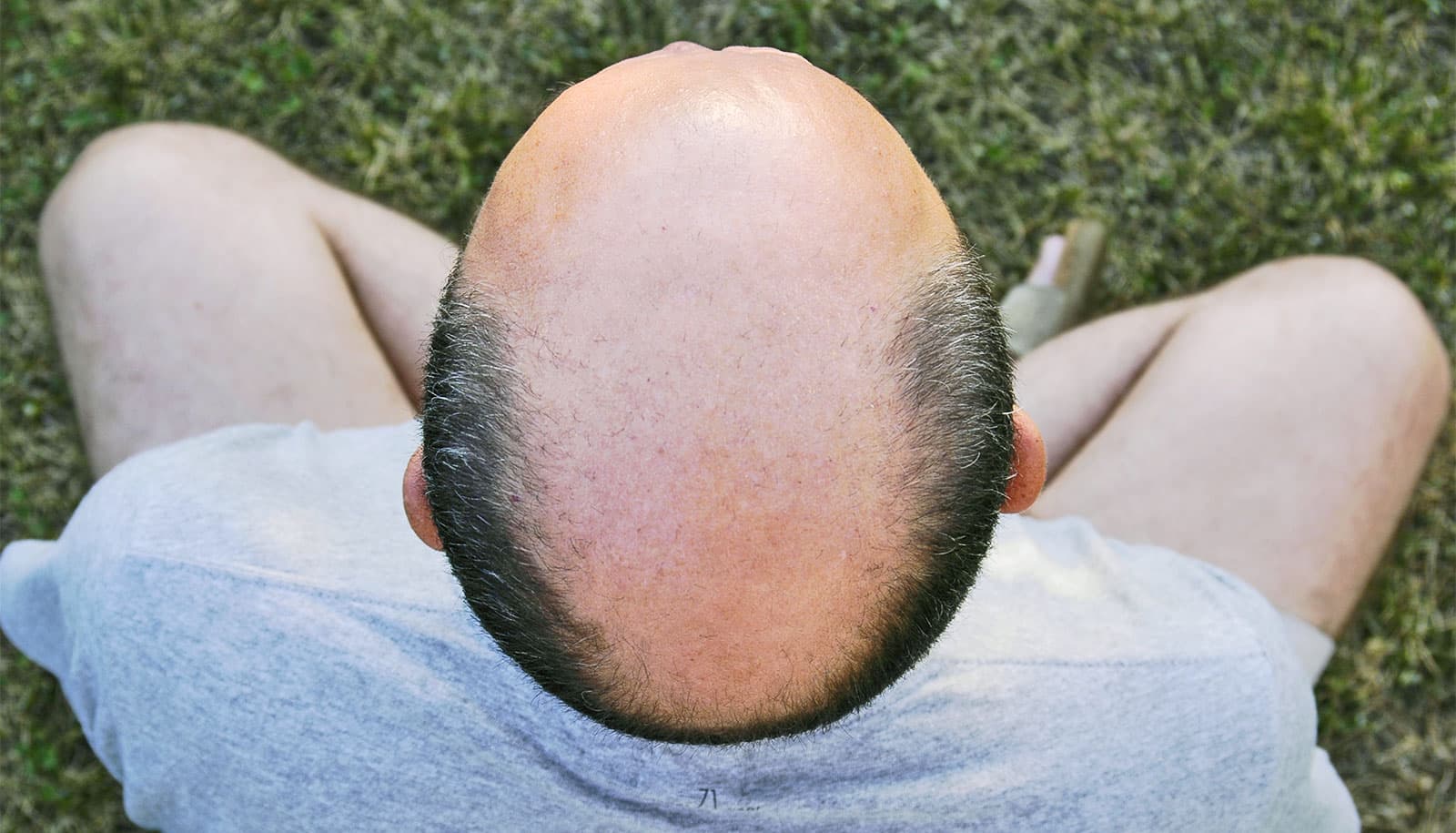African-American women with a common form of hair loss have a significantly increased chance of developing uterine fibroids, a study finds.
The researchers say doctors should tell women with central centrifugal cicatricial alopecia they may be at increased risk for fibroids and should undergo screening, particularly if they have symptoms such as heavy bleeding and pain.
The study, published in JAMA Dermatology, does not suggest a cause-and-effect relationship between the two conditions or prove a common cause, says Crystal Aguh, assistant professor of dermatology at the Johns Hopkins University School of Medicine.
“The cause of the link between the two conditions remains unclear,” says Aguh, the leader of the study.
Uterine fibroids are muscular tumors that grow in the wall of a woman’s uterus. They are usually benign and may not cause symptoms, but can cause pain and heavy menstrual bleeding, according to the Office on Women’s Health of the US Health and Human Services Department.
CCCA predominantly affects black women and is their most common form of permanent hair loss. The scarring in CCCA is similar to that associated with excess fibrous tissue elsewhere in the body, which may help explain why women with this type of hair loss are at a higher risk for fibroids, Aguh says.
People of African descent, she notes, are more prone to develop other disorders of abnormal scarring, termed fibroproliferative disorders, such as keloids (a type of raised scar after trauma), scleroderma (an autoimmune disorder marked by thickening of the skin as well as internal organs), some types of lupus, and clogged arteries.
Aguh and colleagues analyzed data from the Johns Hopkins electronic medical record system on 487,104 black women ages 18 and over. They found that 13.9 percent of women with CCCA also had a history of uterine fibroids compared to only 3.3 percent of black women without the condition. They found a fivefold increased risk for uterine fibroids in women with CCCA, compared to age-, sex-, and race-matched controls.
Hairstyles that pull can damage the scalp
The association was strong enough, Aguh adds, to recommend that physicians and patients be made aware of it. Women with CCCA should be screened not only for fibroids, but also for other disorders associated with excess fibrous tissue, she says.
An estimated 70 percent of white women and between 80 and 90 percent of African-American women will develop fibroids by age 50, according to the National Institutes of Health. While CCCA is likely underdiagnosed, some estimates are that as many as 17 percent of black women have the condition.
Coauthors of the study are from Johns Hopkins and Meharry Medical College. The National Institutes of Health helped support the study.
Source: Johns Hopkins University



